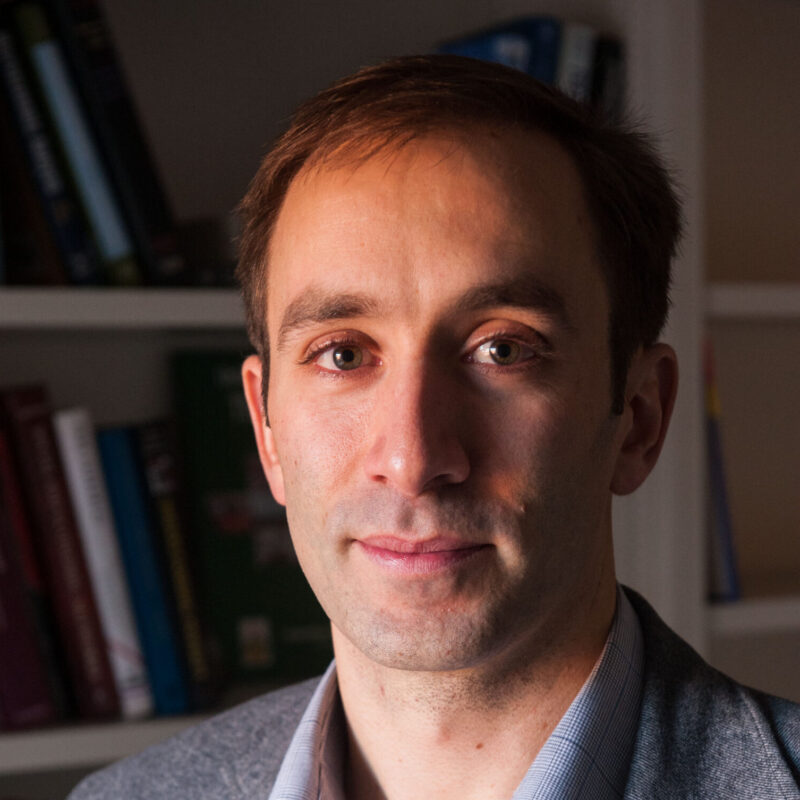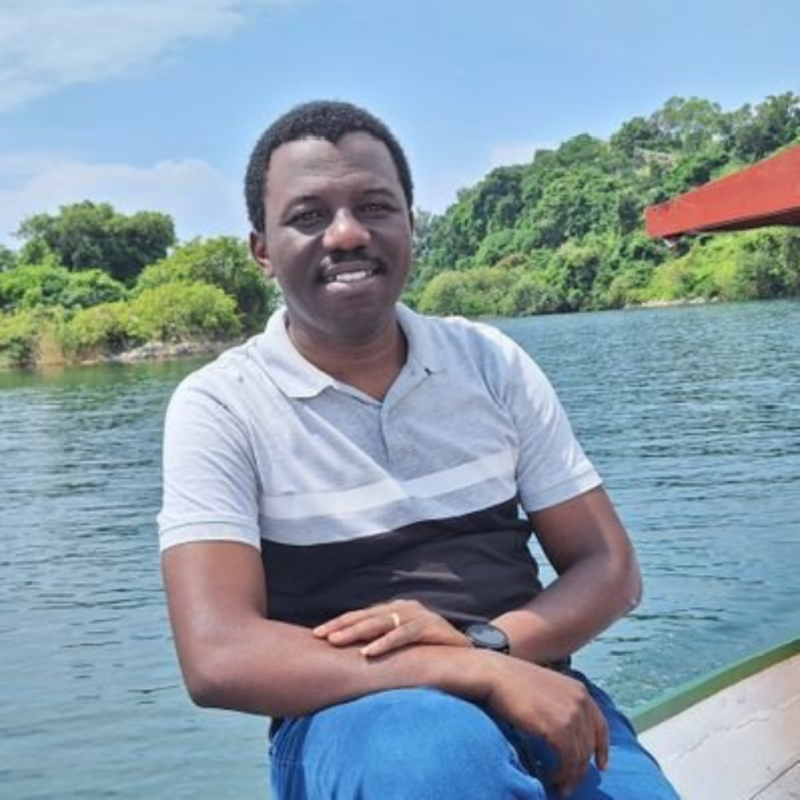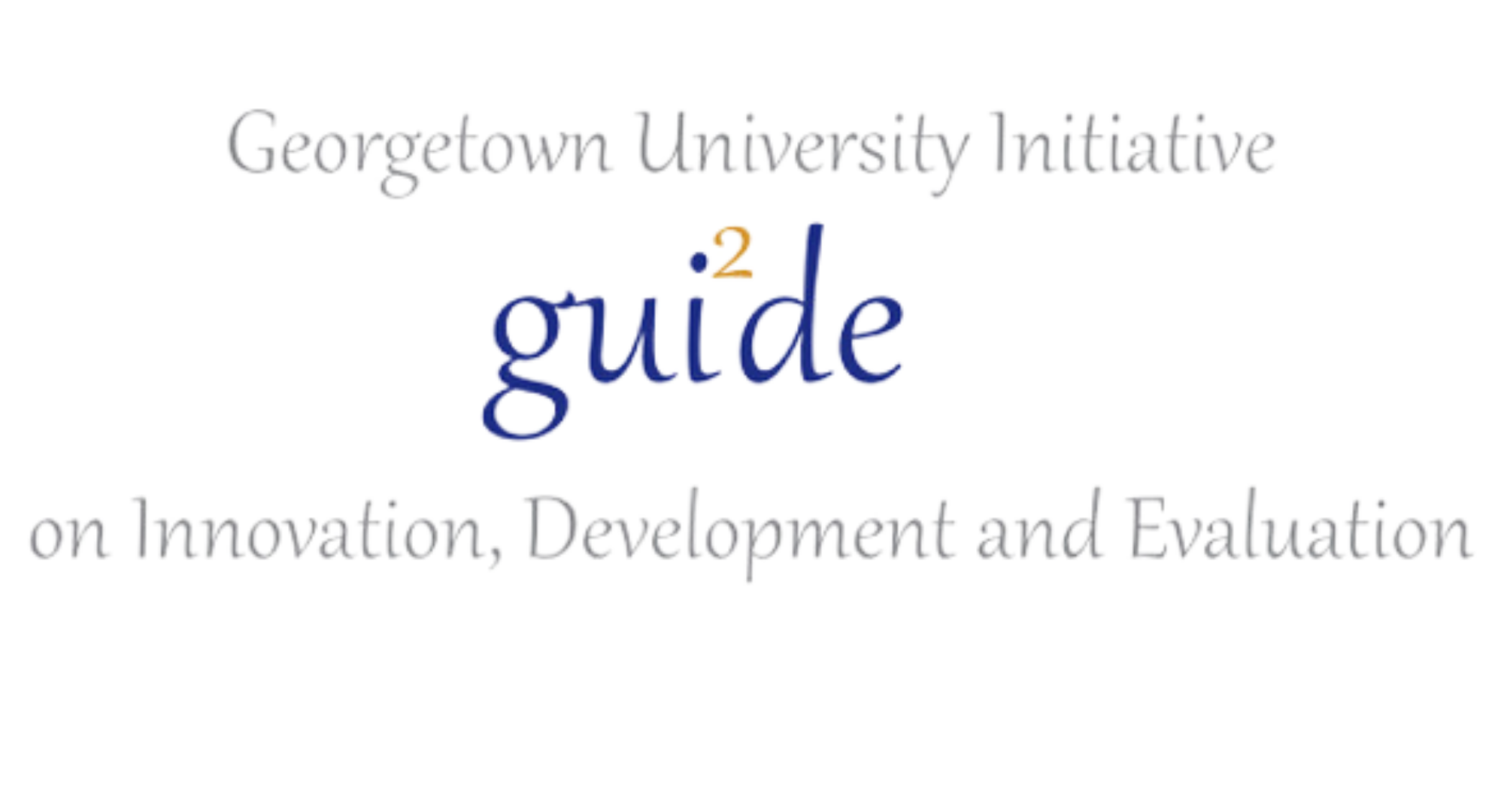Adaptive scaling of Supporting Teacher Achievement in Rwandan Schools (STARS) teacher incentive contracts
Project overview
In Rwanda, the What Works Hub for Global Education is working under the umbrella of the Ministry of Education’s task force on an effort to reform the national system of teachers’ imihigo, an existing civil-service incentive system. This initiative is called the Supporting Teacher Achievement in Rwandan Schools (STARS) project, and it aims to address a common challenge, teacher turnover, through teacher incentive contracts.
Under STARS, teachers are given an annual payment based on a performance score. It provides a holistic approach to measuring and rewarding teacher performance, including the learning outcomes that individual teachers cultivate in their classrooms. The programme’s goals are to improve the pipeline of recruited teachers, motivate them on the job and target retention at the best performers.
This study is implemented as a randomised controlled trial and follows a ‘test/learn/adapt’ approach. Its first year, which preceded What Works Hub for Global Education funding, prioritised the ‘test’ phase. There were five active treatment arms: a base model and four variations designed to explore, respectively, the roles played by head teachers, feedback to teachers, a ‘stop-light’ payment system and strengthened student learning audits.
In Year 2 of the study, with Hub funding, the study moves into the ‘learn’ phase, drawing on experience of implementation in pilot districts, evidence of Year 1 impacts on some primary outcomes, and demand-side preferences made clear during government engagement. The research team aims to design, refine, and scale the approach of the STARS adaptive trial. The team will draw on an additional qualitative study, explore measurement of implementation, and explore how approaches like A/B testing can strengthen efficacy in a government scale up.
With What Works Hub for Global Education funding, in Year 2 the study will retain the first year’s 248 treatments and 95 control schools and add a further 100 treatment schools and 50 control schools.
Fast facts
Principal Investigators: Clare Leaver, Leo Mfura, Owen Ozier, Pieter Serneels, Andrew Zeitlin
Time period: 2023–26
Host and partner institutions: Georgetown University
Co-funders: USAID Development Innovation Ventures and AFD Fund for Innovation in Development






